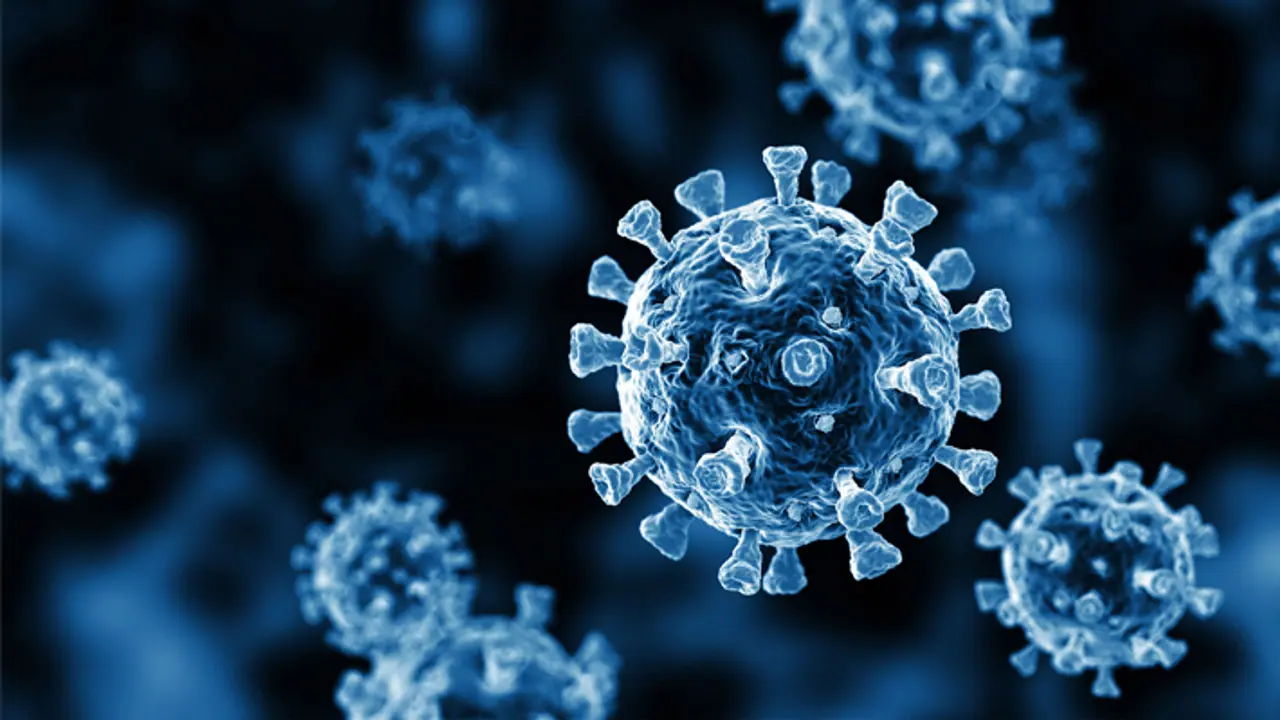According to reports, cases in Singapore and Hong Kong are mostly mild and not associated with unusual severity or mortality. An expert review meeting concluded that the current COVID situation in India remains under control.
A worrying surge of Covid cases, linked to the new JN.1 variant have been reported across Asia. Reports indicate the surge is due to the LF.7 and NB.1.8 subvariants of the Omicron lineage. India has also reported a mild rise in active COVID cases. According to data available up to May 19, there are currently 257 active COVID-19 cases in the country. Earlier on Monday, following recent media reports of a surge in COVID cases in Singapore and Hong Kong, the Ministry of Health and Family Welfare (MoHFW) convened a review meeting with experts from National Centre for Disease Control (NCDC), Emergency Medical Relief (EMR) division, Disaster Management Cell, Indian Council of Medical Research (ICMR) and central government hospitals.

While symptoms, including fever, cold, cough, and loss of smell or taste, are mild, it remains highly contagious, says Dr. Sharad Joshi, Director & HOD of Pulmonology and Pediatric Pulmonology at Max Healthcare. Kerala, Maharashtra and Tamil Nadu have reported the maximum cases until now, with Maharashtra seeing a steep rise from 12 to 56 in one week.
What is JN.1 variant?
The US Centers for Disease Control and Prevention (CDC) states that the JN.1 variant was first detected in the US in September 2023. Common symptoms include fever, sore throat, runny nose, and headache. However, unlike other variants, JN.1 can also cause digestive issues. Other symptoms of JN.1 include diarrhea, loss of appetite, persistent nausea, and severe fatigue.
There is no need to panic, but vigilance is crucial. Two deaths have been reported, so it can't be taken lightly, said Dr. Sharad Joshi. We need to be cautious as this strain can affect all age groups, adds Dr Sushila Kataria, Senior Director of Internal Medicine at Medanta in Gurugram.
To protect ourselves and those around us, maintaining good respiratory hygiene is essential. This includes wearing masks, covering the nose and mouth when sneezing or coughing, and maintaining a safe distance whenever possible. Experts also recommend avoiding non-essential travel, large gatherings, and outings for the time being.
What is the case in India?
According to reports, cases in Singapore and Hong Kong are mostly mild and not associated with unusual severity or mortality. In light of these developments, the expert review meeting concluded that the current COVID situation in India remains under control.
Samajwadi Party chief Akhilesh Yadav expressed concerns about the government's preparedness to tackle the recent spur in COVID cases. He emphasised the need for the government to be proactive and take timely measures to prevent another health crisis.
"Before the alarm bell rings, the government must be alert in time to control and prevent Corona, so that the mistakes of carelessness and mismanagement like last time are not repeated again. BJP's mistakes often prove to be fatal for the people. Now even that vaccine for Corona, whose certificates were distributed in large numbers, has proved to be unsuccessful. That is why this time there is a need for even more vigilance. We all have to explain to the public that although the situation of Corona is not very serious right now, still it should not be neglected because such diseases come in a changed form, so the government should make good use of its health-medical and information system and should not let the fear of Corona spread among the public,' he posted on X.


